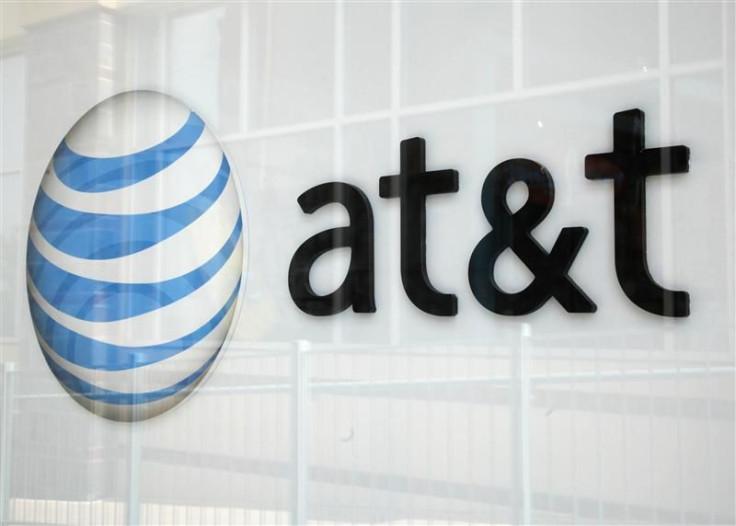FCC Opposes AT&T/T-Mobile Merger: How a Potential Sprint/T-Mobile Deal May Fare with Regulators?

The Federal Communications Commission (FCC) announced that it intends to effectively block AT&T's (NYSE:T) proposed $39 billion acquisition of T-Mobile by referring the matter to an Administrative Law Judge (ALJ) for review.
This is another blow to AT&T, who are already in the midst of a lawsuit from the Dept. of Justice (DoJ) opposing its merger with T-Mobile, a unit of Germany's Deutsche Telekom.
A discovery process will now commence and the (3-6 month) Administrative Law Judge hearing will likely commence after the conclusion of the DoJ antitrust trial, scheduled to commence on Feb.13, 2012.
Consistent with our regulatory update on September 9, and in an apparent signal to Deutsche Telekom, yesterday the FCC highlighted that market concentration measurements are not a determinant of a merger approval or rejection as any potential harmful impacts can be addressed through conditions depending on the particular merger being evaluated, FBR Capital Markets analyst David Dixon wrote in a note to clients.
Specifically, the FCC review said that in order to include public interest benefits such as price reductions and network scale efficiencies, these must be true, specific to the transaction, reasonably likely to occur; not otherwise realized, and likely to be passed on to consumers. Earlier, FCC had requested further information from AT&T regarding job creation benefits associated with the transaction.
The decision to send the license transfer proposal to a hearing by an ALJ is the next step in the FCC's merger review process. In contrast to the DoJ lawsuit before the Federal District Court Judge, which gets underway on Feb. 13, the burden of proof in an ALJ hearing rests with AT&T, which is a higher threshold.
How Potential Sprint/T-Mobile Deal Fares with Regulators?
Market analysts say that there may not be too many regulatory hurdles if there is a merger between Sprint Nextel Corp. (NYSE:S) and T-Mobile.
Our regulatory checks continue to suggest lower regulatory risks associated with a potential Sprint / T-Mobile combination as regulators are more likely to balance concerns regarding a lessening of competition against the likely acceleration of market concentration that could develop if a Sprint / T Mobile merger was not approved, Dixon said.
The analyst's regulatory checks suggest lower regulatory risks associated with a potential Sprint / T-Mobile combination, as regulatory agencies are likely to consider the merits of such a merger on a different basis to AT&T / T-Mobile.
The analyst said that the regulators are more likely to balance their concerns regarding a lessening of competition against the likely acceleration of market concentration that could develop if a Sprint / T Mobile merger was not approved.
The analyst's checks highlight a regulatory focus on the following:
* A regulatory focus on the importance of enhancing network scale to create a healthy third wireless provider. There is potential for improved scale from a combination as Sprint unifies its network on an LTE platform under Network Vision.
* Regulatory concerns regarding the high potential for limited network investment if Sprint and T Mobile remain independent.
* Evidence that without a merger, Sprint and T Mobile could not sustain vigorous price competition in the longer term.
* An FCC view that a potential merger between Sprint and T-Mobile would not result in a substantial lessening of wireless competition.
© Copyright IBTimes 2025. All rights reserved.





















